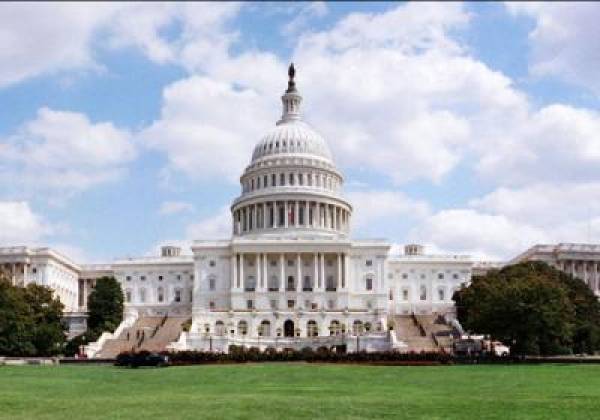TheHill.com Talks DOJ New Stance on Internet Poker

Over the past couple of days, industry experts have been attempting to determine the possible impact of the Department of Justice new stance on Internet poker.
The Friday before Christmas, the DOJ decided to play Santa for poker players. A ruling issued in September but only made public last week clarifies that the Wire Act's ban on interstate transmissions related to gambling applies only to sports betting. As such, there now appears to be an opening for intrastate poker, and quite possibly the pooling of players from multiple states.
TheHill.com released its assessment on this latest development. They bring up the issue of how such a decision can create a bigger hole for those businesses operating offshore, some of which currently welcome US customers.
From Gautham Nagesh of TheHill.com:
The casino industry was less pleased with the Justice Department's shift in stance, arguing it opens the door for a number of unregulated gaming websites without consistent safeguards against fraud and money-laundering.
"Federal legislation that protects states’ rights can establish uniform safeguards to protect U.S. consumers, keep children from gambling on the Internet, and provide the tools law enforcement needs to shut down illegal Internet gambling operators," said the American Gaming Association in a statement.
"Federal guidelines also would prevent fraud and money laundering, address problem gambling and ensure players aren’t being cheated. These federally mandated protections are vital no matter the interpretation of the Wire Act, and they must be enacted in order to avoid a patchwork quilt of state and tribal rules and regulations that would prove confusing for customers and difficult for law enforcement to manage."
The AGA appear to be in the minority. Most players on forums across the Web praised the DOJ’s new stance.
So, too, are a few other gaming firms.
“The DOJ has finally confirmed what we believed in Illinois to be true all along — that intrastate gambling is an issue that is within the sole discretion of a state to regulate, as it deems appropriate," said Melissa Riahei, general counsel of the online gaming firm U.S. Digital Gaming.
"This is wonderful Christmas gift to state governments nationwide. States can now comfortably move toward the implementation of Internet gaming programs that can generate much-needed revenue to fund essential government services."
- Chris Costigan, Gambling911.com Publisher









